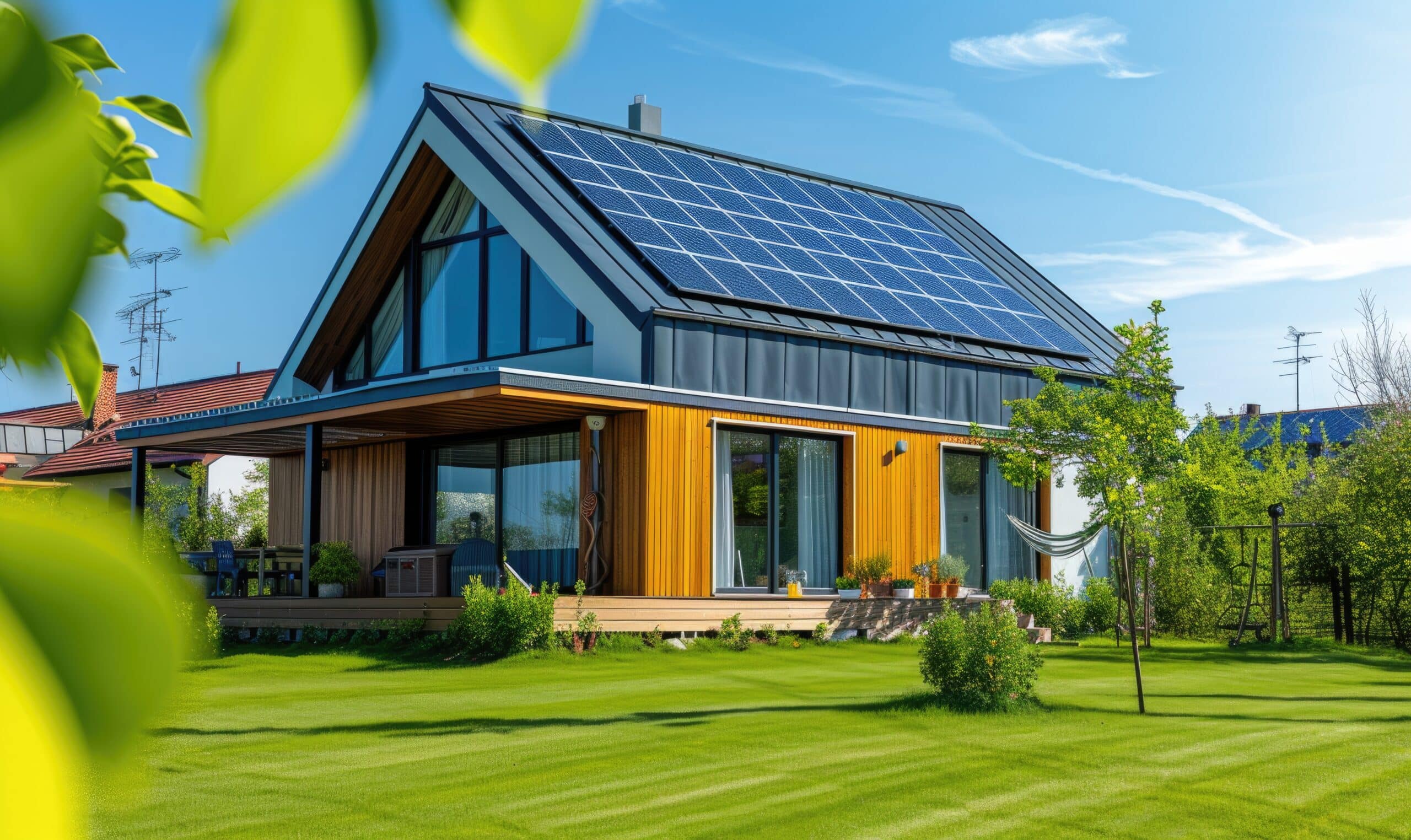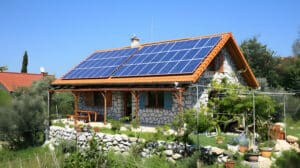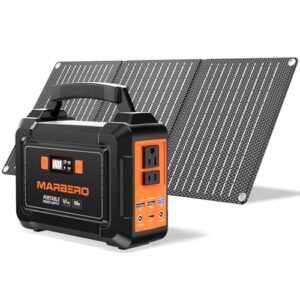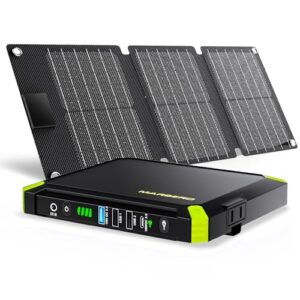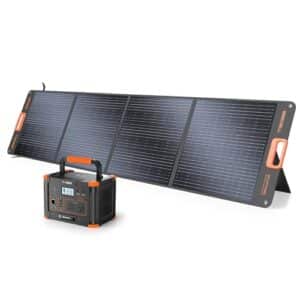Can Solar Generators Supply Home Energy?
Key Takeaways
- Solar generators harness the power of the sun to generate clean and renewable energy, reducing reliance on fossil fuels and decreasing carbon emissions.
- Solar generators do not require any fuel to operate, saving on ongoing fuel costs and reducing the environmental impact associated with burning fossil fuels.
- Solar generators operate silently, have fewer moving parts, and require lower maintenance compared to traditional generators, making them suitable for residential use.
Yes, solar generators can supply home energy. Solar generators harness the power of the sun to generate electricity, offering a clean and renewable energy source for residential use. They have gained popularity as an alternative to traditional generators that rely on fossil fuels. Solar generators provide several advantages, such as reducing reliance on fossil fuels, decreasing carbon emissions, and offering a quiet and low-maintenance operation. However, there are also limitations to consider, including limited available power, higher upfront costs, and slow recharging times.
Pros of Using Solar Generators for Home Energy
There are several advantages to using solar generators for home energy:
- Clean and renewable energy source: Solar generators harness the power of the sun to generate electricity, reducing reliance on fossil fuels and decreasing carbon emissions. This makes them an environmentally friendly option for homeowners.
- No fuel required: Unlike traditional generators that require fuel such as gasoline or diesel, solar generators do not require any fuel to operate. This not only saves on ongoing fuel costs but also reduces the environmental impact associated with burning fossil fuels.
- Quiet and low-maintenance: Solar generators operate silently and have fewer moving parts compared to traditional generators. This results in lower maintenance requirements and a quieter operation, making them suitable for residential use.
While solar generators offer several benefits, there are also some drawbacks to consider:
Cons of Using Solar Generators for Home Energy
Here are some limitations of using solar generators:
- Limited available power: Solar generators have a limited power supply compared to gas generators. This may not be sufficient for high-power appliances or prolonged power outages. It is important to assess your energy needs and consider whether a solar generator can meet them.
- Expensive upfront investment: Solar generators can have a higher upfront cost compared to traditional generators. However, it’s worth noting that long-term savings on fuel costs and environmental benefits may offset the initial investment. It is essential to evaluate your budget and long-term cost savings before making a decision.
- Slow recharging: While solar generators can be recharged using solar panels, the charge rate can be slow. This may not be ideal if immediate power is needed. It is important to consider the recharging capabilities of a solar generator and match them with your energy requirements.
Solar Generators vs. Traditional Generators
Solar generators and traditional generators differ in terms of their energy sources, environmental impact, cost considerations, and reliability/portability.
- Energy sources: Solar generators harness the power of the sun through photovoltaic cells in solar panels, converting sunlight into electricity. Traditional generators, on the other hand, rely on fossil fuels to produce electricity through an internal combustion engine.
- Environmental impact: Solar generators have minimal environmental impact as they produce clean energy with no greenhouse gas emissions. Traditional generators, powered by fossil fuels, release carbon dioxide and other pollutants, contributing to air pollution and resource depletion.
- Cost considerations: Solar generators have a higher upfront investment but offer long-term budget-saving benefits with minimal operating and maintenance costs. Traditional generators have lower upfront costs but can be expensive in the long term due to fuel consumption and fluctuating fuel prices.
- Reliability and portability: Solar generators are reliable in areas with consistent sunlight but may be less dependable during cloudy days or nighttime. They are typically bulkier and less portable than traditional generators. Traditional generators excel in providing constant power regardless of weather conditions and are more portable.
Conclusion
Solar generators can indeed supply home energy, offering clean and renewable power. They have several advantages, including reducing reliance on fossil fuels, lower maintenance requirements, and quiet operation. However, it’s important to consider their limitations, such as limited power supply, higher upfront costs, and slower recharging times. The choice between solar generators and traditional generators ultimately depends on individual needs, budget, and preference.
Related Websites:
FAQs:
Q: What is a solar generator?
A solar generator is a device that utilizes photovoltaic (PV) panels to convert sunlight into electricity. It consists of basic components such as PV panels, charge controllers, and batteries.
Q: How do solar generators generate electricity?
Solar generators generate electricity by converting sunlight into usable energy through photovoltaic panels. The charge controllers regulate the charging of batteries, which store the generated electricity for later use.
Q: Can solar generators provide sufficient energy for a home?
The capacity of solar generators varies, but they can provide sufficient energy for many home needs. The amount of energy they can supply depends on factors such as system size, sunlight availability, and energy management. Proper system sizing and energy management are important for maximizing the energy output.
Q: What appliances can a solar generator power?
Solar generators can power a variety of common household appliances. Examples include lights, fans, TVs, laptops, and small kitchen appliances. The energy requirements of appliances vary, and it’s important to consider the energy consumption of each appliance in relation to the capacity of the solar generator.
Q: What are the advantages of using solar generators for home energy?
Using solar generators for home energy offers several advantages. They are more environmentally friendly compared to traditional generators, as they produce clean and renewable energy. Additionally, solar energy can lead to cost savings in the long run, as it reduces reliance on fossil fuels and grid electricity.

